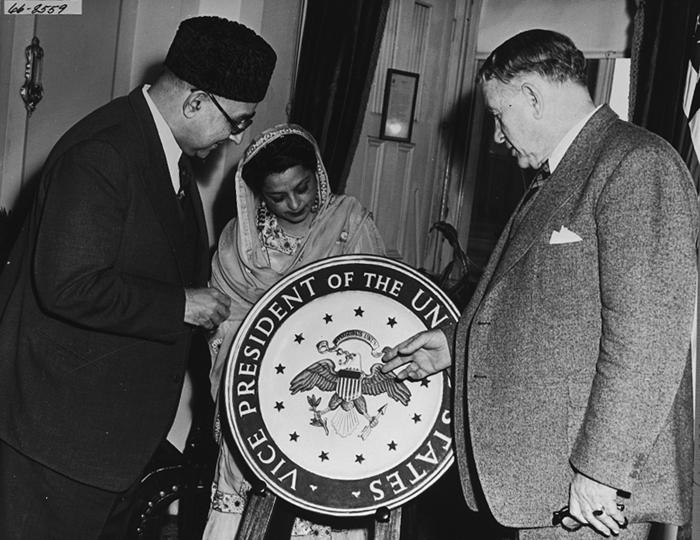The presidential campaign speech is, like jazz, one of the few truly American art forms. It is not, of course, unknown in other democratic countries, but nowhere else has it achieved the same degree of virtuosity; nowhere else is it so accurate a reflection of national character: by turns solemn or witty, pompous or deeply moving, full of sense or full of wind. The excerpts below have been selected from over a century and a half of successful—and unsuccessful—presidential politicking.

